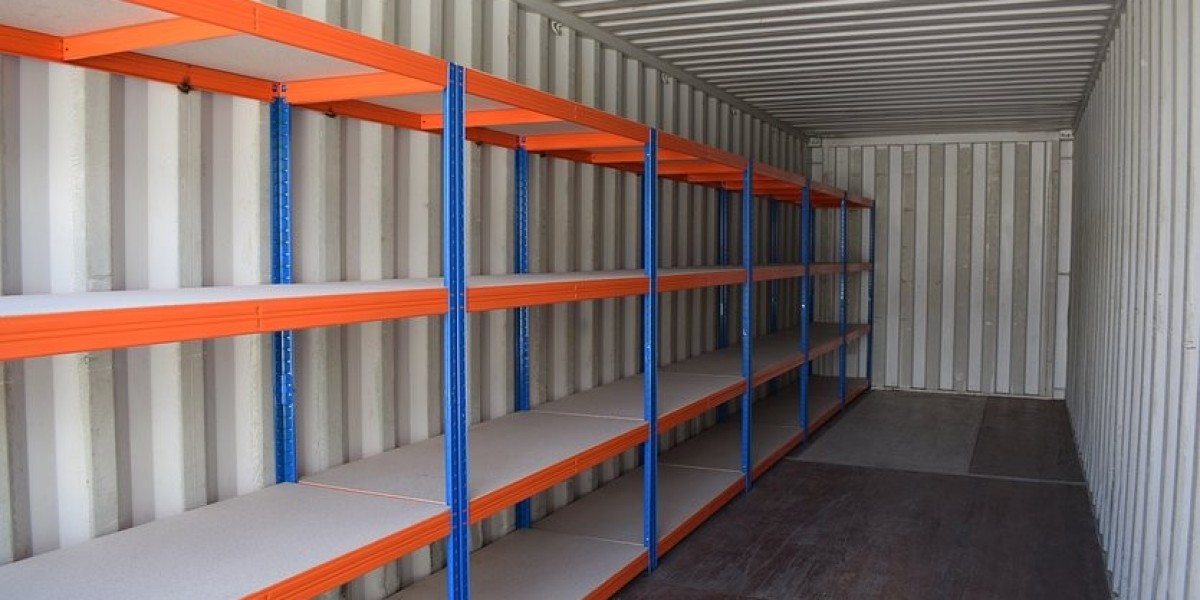Gas safety certificates, also known as landlord gas safety records or CP12 are essential legal documents for any property with gas appliances. It verifies that an engineer who is registered with the EPA has conducted an extensive inspection and concluded that the equipment is safe to use.
It is highly recommended that, although not legally required by law, you ask for the CP12 during the home purchase process. This will provide buyers with peace of mind and assurance that the property is in compliance with safety standards.
Peace of Mind
A valid Gas Safety Certificate is required for any property that includes gas appliances. The certificate proves that the appliances have passed a series tests and are safe for use. This document also serves as proof of compliance with the law and could help you avoid fines and other legal issues should there be a problem.
A gas safety engineer will inspect all gas appliances, and the gas system to look for leaks and www.mkgassafety.co.Uk other potential hazards. The engineer will also test for Carbon Monoxide, a colorless, inert gas that can be dangerous if inhaled at high levels. The engineer will also check that all gas appliances are installed correctly and are working properly.
 Landlords must obtain a certificate of gas safety prior to renting their properties. They could face hefty penalties or even jail time if they do not. Gas safety certificates aren't only legally required, but they also give tenants peace of mind since they show that their landlord has taken the appropriate steps to ensure the safety of their home.
Landlords must obtain a certificate of gas safety prior to renting their properties. They could face hefty penalties or even jail time if they do not. Gas safety certificates aren't only legally required, but they also give tenants peace of mind since they show that their landlord has taken the appropriate steps to ensure the safety of their home.Besides a peace of mind, having gas safety certificates will help you avoid costly repairs. Regularly checking your appliances will detect problems before they escalate and prevent them from becoming dangerous or breaking. Making sure you are up to date with your gas safety inspections can also prolong the lifespan of your appliances, saving you money over time.
Many homeowners are unaware that they must have Gas Safety Certificates for their house. This certification is essential as it protects homeowners from injuries and other costly issues, such as carbon monoxide poisoning.
Having a Gas safety certificate can make your rental home more appealing to potential tenants and increase its overall value. It can help you to keep ahead of your competitors by ensuring the safety and upkeep of your property. Apart from the peace of mind it gives, a Gas safety certificate can save you from costly repairs and ensure that your tenants are protected from risks like carbon monoxide poisoning.
Legal Compliance
A Gas Safety Certificate is an essential document that proves all your appliances and gas installations are in compliance with the standards required. It is important that you understand the importance of these documents, regardless of whether you are an owner of a business, a homeowner or a landlord.
The first section on your Gas Safety Certificate will include all the appliances and installations that have been examined. The first section of your gas safety certificate will list all the appliances and installations that were inspected. It will also highlight any issues or problems that were discovered and recommend the next steps, if required.
Landlords are legally obliged to make sure that their properties are fitted with an appropriate Gas safety certificate. This includes arranging for annual inspections and distributing copies of the certificate. However, it's a good idea for homeowners to have their gas appliances regularly checked in order to aid in identifying potential problems before they become major issues that could cost them money and possibly cause injuries or accidents.
For landlords, having a Gas safety certificate can be an excellent selling point when putting an apartment on the market. This can put potential buyers' minds at ease about the efficiency and safety of gas appliances and the installations in the property, which could significantly boost a sale.
It is worth noting that landlords are responsible for their own flues and gas appliances in a rental property, but not for those brought by the tenant. The ruling in Caridon Property Ltd. v Monty Shooltz indicates that landlords who fail to provide a gas certificate before serving a Section 21 notification could face legal penalties.
Businesses with industrial equipment and installations are required to perform an inspection for gas safety in commercial premises. This is to ensure all employees are secure, and that the equipment is up to the standards required. Gas Safe registered engineers must conduct the inspection and issue the Gas Safety Certificate. This can help to reduce the chance of accidental explosions or fires, keep employees safe, and avoid costly downtime in the event of an accident injury.
 Commercial Properties
Commercial PropertiesIf you're a homeowner or landlord, it's important to have all gas appliances and installations inspected at least once a year. This will ensure that they are safe to use and there aren't any issues that require to be addressed.
A gas safety certificate, also referred to as a CP12 or Gas Safety Record, is an official document that details the outcomes of a safety test. It includes all the information about the appliances that were tested and the results of each inspection. The report will indicate whether the appliance was found to be dangerous or not up-to-date with standards, or in danger. The record will also list any issues that were found which need to be addressed to ensure that the appliance is safe for use, as well as any suggestions on how to fix them.
For commercial properties, it's usually the landlord who is accountable for obtaining an official gas safety certificate. It's because landlords are usually responsible for the gas appliances located within a lease area and would be the best ones to ensure that they were regularly maintained and maintained. A landlord who doesn't obtain a gas safety certificate could be subject to heavy fines or even prison when an accident occurs that would be avoided if the certificate was valid.
Landlords are able to easily arrange an inspection of gas safety by contacting us or booking online. An experienced engineer will inspect the property and will check the gas appliances. The engineer will then issue an Gas Safety Certificate (CP12) to the landlord. Landlords are then required to forward this information to all their tenants, and to keep a copy of the CP12 each time the tenancy ends.
Sometimes, tenants will refuse to allow an engineer into their home or office and will insist on doing so themselves. It is usually because they think that letting an engineer into their office or home is a breach of privacy or because they are not satisfied with the condition of their appliances. Agents and landlords must convince tenants that allowing an engineer into their homes to inspect gas appliances is a requirement. This will not only save them from costly fines, but also prolong the life of their appliances.
Homeowners
As a homeowner, you're not legally required to have a Gas Safety Certificate. It's still a good idea however, to get an official Gas safety certificate to give you peace of mind. This is especially important if you plan on selling your house in the near future, since having a valid certificate will put potential buyers' minds at ease regarding the condition of your home's gas appliances.
If you choose to hire a certified engineer to perform the Gas Safety Check, they will examine the ventilation channels in your home, ensure that all safety devices function properly, and measure appliance pressure. He will then prepare an report and issue you with a Gas Safety Certificate. The certificate will indicate which installations and appliances were tested and passed and any issues that need to addressed.
Many homeowners attest to the importance of these inspections, noting the thoroughness and accuracy offered by certified engineers. They say that this gave them peace-of-mind about the state of the gas systems in their homes. In addition, they frequently say that the inspection identified a potential hazard that they were not aware of and could have saved them from a costly disaster. The speed in which certificates are delivered is also a popular feature among homeowners.
While it isn't a legal requirement in most regions, having gas safety certificates is an excellent idea for residential and commercial properties which are occupied by tenants. The certificate proves that appliances and gas installations within the building are safe to use, which can be particularly important for rental properties, where tenant safety is of the utmost importance. Moreover having a Gas safety certificate can help landlords save money on repairs and avoid fines from local authorities. Landlords who don't have a valid Gas safety certificate in place are subject to hefty fines and could even be detained. In this regard, it's vital for landlords to have their gas appliances and gas installations inspected annually by a qualified professional. This will ensure they have an authentic Gas safety certificate in place and will provide them with peace of mind and shield them from penalties or fines if they're found to be in violation of the regulations.








